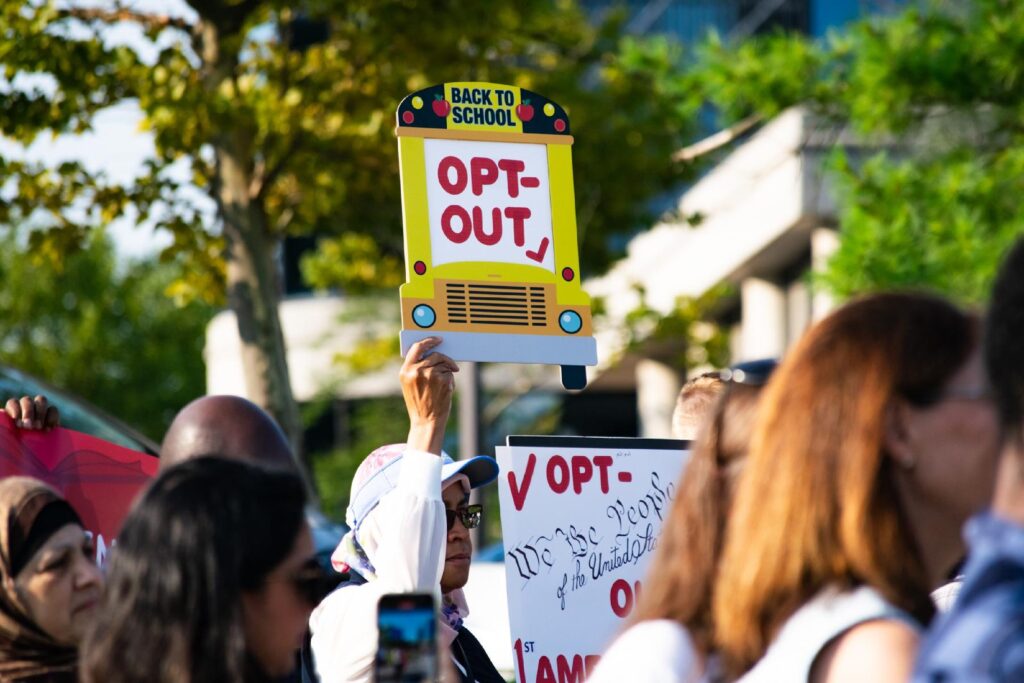Sacred Heart Academy, a religious school in Michigan, was founded as a ministry to support parents who desire to provide a Christ-centered education for their children. Sacred Heart promotes a culture that is intentional in transmitting the Catholic faith and its doctrine through both teaching and practice. To fulfill its mission, Sacred Heart requires its teachers and other employees to believe, support and model the Catholic faith and to avoid all beliefs and practices that are inconsistent with the moral teachings of the Church. The integration of the Catholic faith and community in all areas of life and learning is foundational to Sacred Heart’s mission.
Sacred Heart’s ability to hire employees whose beliefs align with its mission is dependent on the ministerial exception to employment anti-discrimination laws. The ministerial exception allows a religious employer to select those employees whose beliefs align with the ministry’s beliefs and who seek to act consistent with those beliefs.
Unfortunately, Michigan sought to eliminate the ministerial exception for religious entities who require employees to believe and live consistent with their religious beliefs about sexuality. If Sacred Heart is barred from hiring teachers who will teach and model the beliefs that are core to its existence, the ministry cannot carry out its religious mission.
Michigan seeks to use laws, which prohibit discrimination against an individual based on sex, sexual orientation and gender-identity, to prevent Sacred Heart from hiring teachers and other employees who agree with, and seek to live consistent with, its religious values on sexuality and marriage. The laws would also force Sacred Heart and other religious entities to abandon using sex-based pronouns and instead force them to adopt the language of gender ideology and prescribe cross-sex hormones, all of which are contrary to Sacred Heart’s Biblical beliefs on sexuality. Enforcement of these laws subjects would-be violators to severe penalties.
By depriving Sacred Heart Academy of its ability to select and maintain employees who share the school’s religious beliefs, Michigan’s laws are fatal to the school’s ability to fulfill its religious mission. Unless the Court steps in to provide meaningful First Amendment protection, Michigan will succeed in preventing religious schools from hiring those who share their religious beliefs. The end result of laws like those in Michigan is clear—religious organizations will be forced to choose between their religious mission and continuing to operate.




